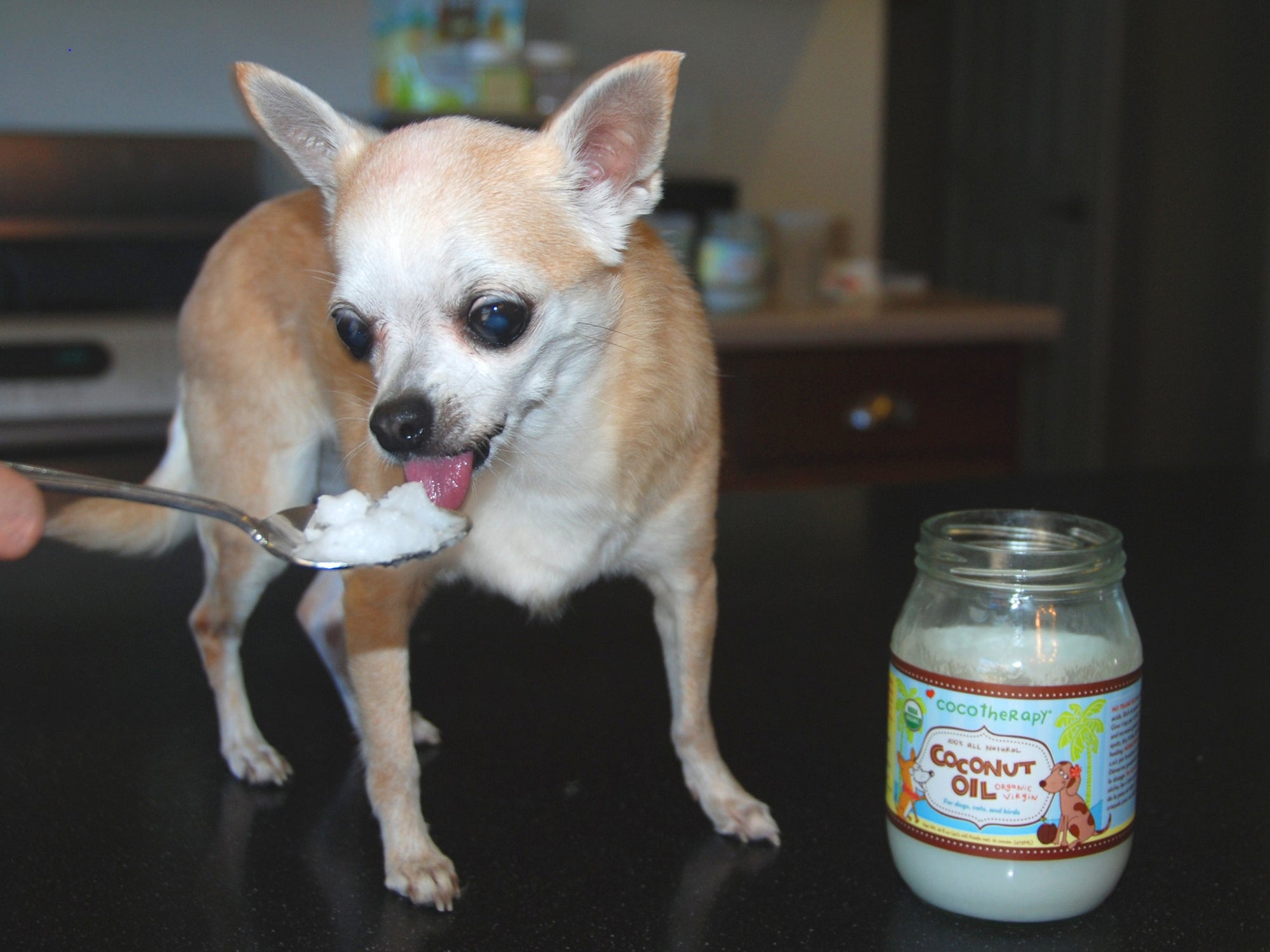Did you know that many common household products are toxic to pets? Cleaning supplies, medications, and cosmetics are all examples of products that can harm our furry friends. March is Poison Prevention Awareness Month, and it’s the perfect time to discuss pet toxins that may be lurking in your home. In this post, we'll look at 3 common household toxins that can pose a threat to pets. We'll also recommend some natural, pet-friendly alternatives that you can use in their place.

1) Cleaning Products
Cleaning products are some of the most common household toxins. They can contain harsh chemicals like bleach, ammonia, and phthalates that can cause serious health problems in pets. These products should always be kept out of reach, and if your pet does happen to ingest any, you should contact your veterinarian immediately.
It's also important to note that pets can become exposed to these chemicals through inhalation or skin contact. For example, if you're using a cleaning product that contains bleach, your pet could suffer from respiratory problems if they're in the same room.
To avoid these risks, always use natural, pet-friendly cleaning products whenever you can. Some great options include vinegar, baking soda, and lemon juice. These ingredients are safe for pets and humans alike and are surprisingly effective at removing dirt and grease. You can also find natural, pet-friendly cleaning products online or at your local pet store.
2) Medications
Human medications are another common household toxin that can be harmful to pets. Over-the-counter (OTC) medications like acetaminophen (Tylenol), aspirin, and ibuprofen (Advil) can all be toxic to pets. Prescription medications can also be dangerous, even in small doses.
If you suspect your pet has ingested any medication, it's important to contact your veterinarian right away. Some common symptoms of medication poisoning include excessive salivation, vomiting, diarrhea, lethargy, and abdominal pain.
Veterinary products like chewable medications, flea and tick products, and heartworm preventatives can also be dangerous if ingested in the wrong dosage. Always be sure to keep all medications, both human and veterinary, out of reach of pets. It's also vital to never give your pet medication that wasn't prescribed for them by a veterinarian.
Another way to minimize the risk of pet medication poisoning is by using natural alternatives whenever possible. For example, there are many natural flea and tick products that contain ingredients like peppermint oil and lemongrass. These products are safe for both people and animals, and many pet parents find that they work just as well as traditional pest preventatives.
3) Beauty Products
Many popular beauty products can also be toxic to pets. Soaps and cleansers, shampoos, conditioners, and cosmetics can all contain harmful chemicals that have the potential to cause serious health problems in animals.
Scent and taste enhancers such as xylitol may also be used in cosmetic products. Xylitol is often used as a sweetener in lip glosses, lipsticks, or skin creams. Dogs and cats are attracted to the sweet taste and have been known to eat an entire lip gloss.
Pets may also attempt to lick beauty products off your skin because of the taste. For this reason, it’s important to check the ingredients of the products you use to ensure that there’s no xylitol present.
Always keep beauty products out of reach of pets in a secure location like a locked cabinet or drawer. It's also vital to contact your veterinarian immediately if you suspect that your pet has been exposed to any toxic beauty products.
Instead of using potentially hazardous beauty products, try switching to natural alternatives instead. There are lots of pet-friendly beauty products on the market that contain natural, plant-based ingredients.
How to Use Coconut Oil in Place of Toxic Household Products
Virgin coconut oil (VCO) is an incredibly versatile natural product that can be used in place of many toxic household products. Thanks to its powerful antiviral, antibacterial, antifungal, and antimicrobial properties, VCO is great for cleaning, disinfecting, and protecting against harmful bacteria and viruses.
Because of its unique chemical composition, VCO can also be used as a therapeutic oral supplement for health issues ranging from allergies to lipid disorders. The medium-chain fatty acids (MCFAs) in the oil are absorbed quickly and easily by the body and have been shown to improve a wide variety of health conditions. In addition, VCO can be applied topically to treat common skin disorders in both humans and animals. It's also effective at reducing inflammation and repairing damaged tissue.
Finally, VCO is an excellent all-natural beauty staple that can be used in place of harmful chemical products. It's great for deep-cleaning pores and removing makeup, moisturizing skin, improving hair health, and much more! Check out our previous post for 17 ways to add coconut oil to your beauty and personal care routine.
Final Words
In this post, we've looked at 3 of the most common household toxins. We've also discussed some natural alternatives you can use instead to protect your pets. Always keep toxic products well out of reach of animals and use natural alternatives like CocoTherapy Virgin Coconut Oil whenever possible.
If you suspect that your pet has come into contact with any toxic substances, it's important to contact your veterinarian immediately. Alternatively, you can call the ASPCA Animal Poison Control Center hotline at (888) 426-4435. It's available 24 hours a day, 365 days a year.



